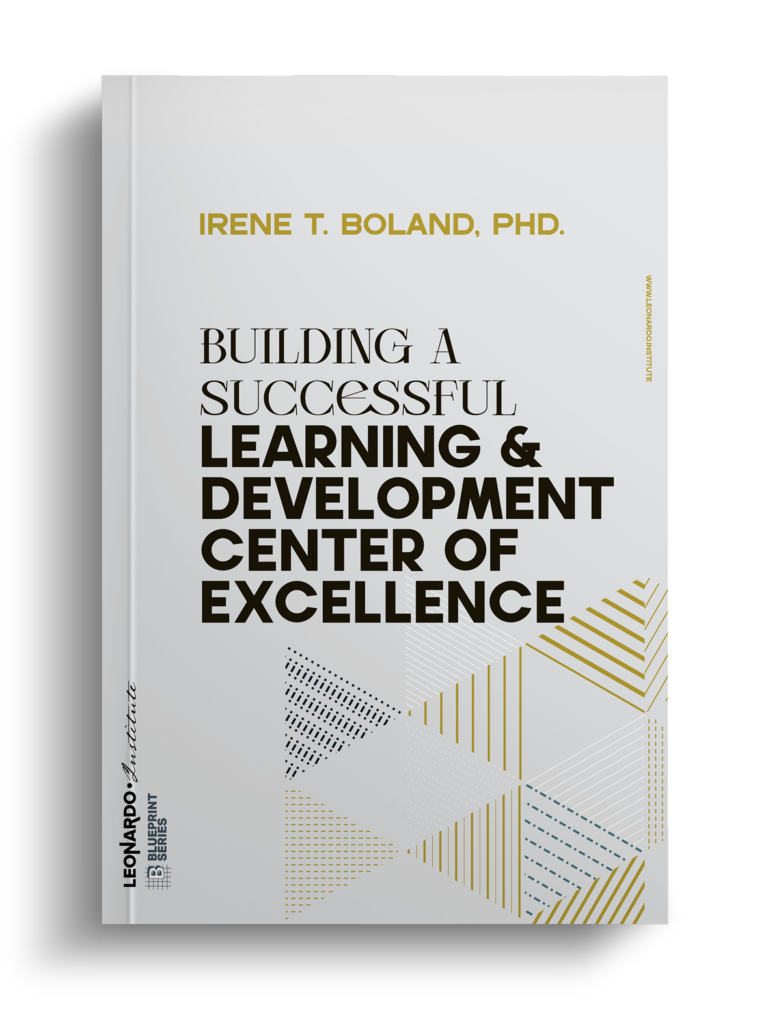A recent research study by Raimunda Bukartaite and Daire Hooper from the Technological University Dublin offers invaluable insights into the interaction of AI and people, especially in the context of Ireland’s well-established knowledge economy. Their research investigates the future skills necessary as workplaces become more reliant on artificial intelligence (AI) and technology, and what human resource policies and educational interventions are required to harness these changes effectively.
Motivation Behind the Study of AI and Skills
The researchers, aware of the rapid integration of AI and automation in the workplace, wanted to explore what implications it might pose, and how it could influence the nature of work and skill requirements. The study aimed to identify the specific skills that will be increasingly valuable and to understand how organizations can adapt their talent development and strategies strategies to meet these evolving demands.Key Findings of the Study
The findings, based on qualitative analyses of perspectives from experienced professionals across Irish organizations, reveal several crucial trends. There is an identified need for a balanced focus on both soft skills (like adaptability, creativity, and emotional intelligence) and hard skills (such as technical and digital competencies). A shift towards continuous learning is essential, with careers becoming more fluid and multidisciplinary. Innovative human resource strategies, including hiring for potential and talent pooling, are vital. This approach aligns with the need for adaptability and continuous skill development. The study underscores the necessity of revamping educational curricula and forging stronger collaborations between businesses and tertiary institutions.Implications for Workplace Learning Professionals
For workplace learning professionals, these findings translate into actionable strategies: Encourage a culture where continuous skill development is prioritized, recognizing the fluid nature of career paths in an AI-driven economy. Develop programs that enhance both technical competencies and soft skills, addressing the holistic needs of the modern workforce.Integrate practices like hiring for learning agility and potential, focusing on employees’ capacity to grow and adapt. Work closely with educational institutions to ensure that curricula align with the evolving demands of the workplace.
Put it to Work
Implementing these insights involves:- Designing training modules that blend technical know-how with essential soft skills.
- Creating pathways for continuous professional development that encourage lifelong learning.
- Developing HR strategies that focus on potential and adaptability in recruitment and talent management.
The Takeaway
Bukartaite and Hooper’s research illuminates the path forward in a technologized work environment. As AI and automation reshape the skills landscape, workplace learning professionals must adapt, fostering environments where continuous learning and skill development are integral. By doing so, they can prepare organizations and their workforce to not only survive but thrive in an AI-augmented future.This study is a clarion call for a proactive and adaptive approach in workforce development, offering a blueprint for navigating the challenges and opportunities presented by AI and automation. The future of work is not about replacement, but about evolution and enhancement of human capabilities through technology.


